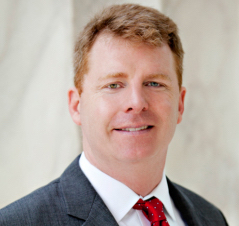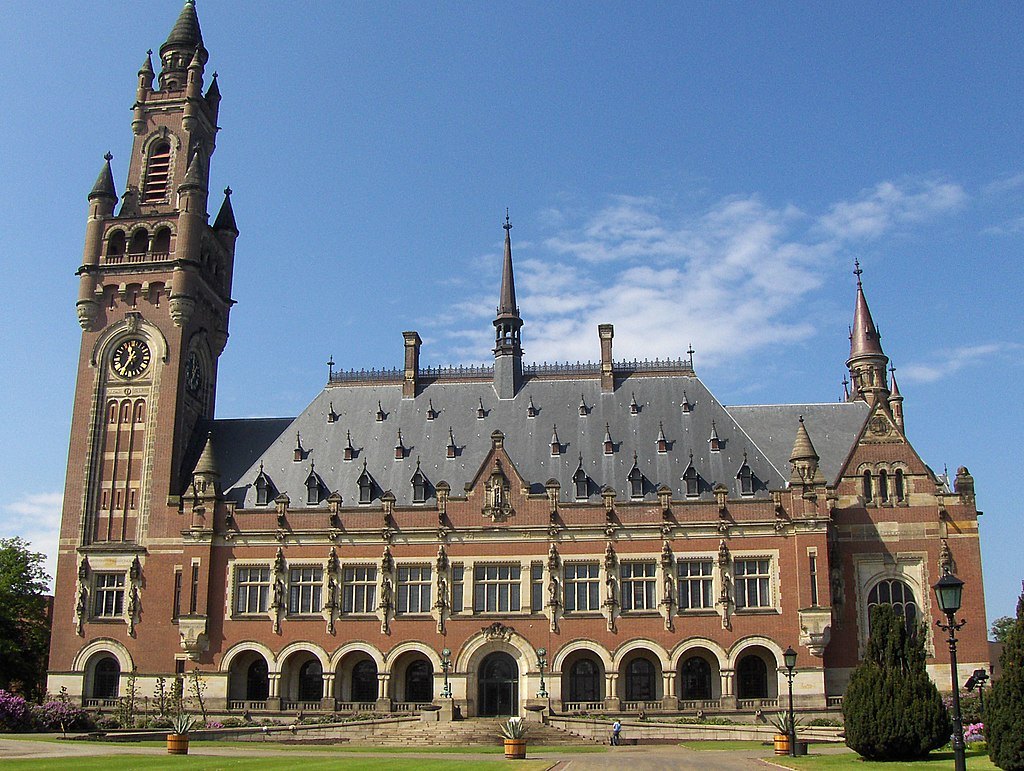Following President Obama’s announcement that the US would begin normalizing relations with Cuba, questions immediately arose on the possible extradition of
Joanne Deborah Chesimard, also known as Assata Shakur. She is a member of the Black Liberation Army (“BLA”) and murdered Werner Foerster, a New Jersey police officer, in 1973. A New Jersey court sentenced her to life imprisonment in 1977 but in 1979 she escaped from prison and fled to Cuba. With the opening of this new chapter in US-Cuba relations,
various New Jersey politicians have renewed their long-running call for Cuba to extradite Chesimard. That’s unlikely to happen for many reasons, some of which I set forth below.
Over the years, Chesimard has remained a polarizing figure. In 1997, New Jersey police petitioned the Pope to intercede and to ask Cuba to return her to the US. In 1998, then New Jersey Governor Christine Todd Whitman asked the Justice Department to assist in having Chesimard brought back. That same year both the House and Senate unanimously passed a resolution calling for her return (later
Rep. Maxine Waters claimed to have voted for the resolution by mistake). In 2005 the FBI deemed Chesimard a domestic terrorist and increased the reward for information directly leading to her apprehension to $1 million. In 2013, on the 40th anniversary of Trooper Foerster’s murder, New Jersey announced it was adding $1 million to the FBI’s reward offer. Opposing all this are Chesimard’s supporters, who claim that her prosecution was flawed, and further that she was a victim of the FBI’s COINTELPRO---which covertly and at times illegally infiltrated domestic political organizations like the BLA.
Contrary to some reporting, there is indeed an
extradition treaty between the United States and Cuba; it is among the oldest such treaties and took effect in 1905. Cuba’s current stance towards the accord is somewhat unclear. In the 1990s officials of the Castro government had denied the treaty’s existence---unsurprisingly enoughm considering that a prior, less than revolutionary regime had inked it on Cuba’s behalf. And yet as a formal matter, the Castro government apparently also never provided notice to the US of Cuba’s intent to terminate the treaty, either. Both the US Department of State and the Congressional Research Service continue to list the Cuba extradition treaty as in force. All this matters because a present day rejection of the treaty by Cuba would effectively upend any claim for extradition under the treaty. (It seems unlikely in the extreme that a new treaty---one covering Chesimard’s case retroactively---will be negotiated and approved by the Senate.)
To the extent Cuba accepts the treaty, it provides several bases for opposing Chesimard’s extradition. Article V says “neither of the contracting parties shall be bound to deliver up its own citizens under the stipulations of this Treaty.” Chesimard purportedly became a Cuban citizen in the mid 1980s; there is no indication that the US formally requested Cuba to extradite her before then. If that’s the case then the plain language of Article V arguably could relieve Cuba from any treaty obligation to return her to the United States. (These days the latter and other countries do not seek to include provisions like this; indeed some extradition treaties, like that concluded between the US and Italy, say the opposite---that extradition shall
not be declined simply because the sought person is a national of the requested State.)
There’s also Article VI, which says “[a] fugitive criminal shall not be surrendered if the offense in respect of which his surrender is demanded be of political character[.]” The treaty tells us only that an attempt against the life of the head of a foreign government or his or her family must
not be considered a political offense. But there’s no further guidance in the treaty text as to whether a BLA member’s killing of a law enforcement officer would qualify---and it therefore seems Cuba is situated to make that determination unilaterally.
It will be interesting to see whether the US requests extradition; whether Cuba acknowledges the treaty; whether it takes up a straightforward claim under Article V or a more controversial one under Article VI; and in any event, whether the two countries will agree to update their extradition accord as relations normalize. (It lastly remains to be seen whether the United States would seek Chesimard through channels other than extradition---say, by asking Cuba to deport or remove her.) In the meantime, it seems Cuba is quite unlikely to extradite a “most wanted terrorist.”
***
Chris Jenks joined the SMU Law faculty in 2012. He teaches and writes on the law of armed conflict and criminal justice. He is the co-author of a law of armed conflict textbook, co-editor of a forthcoming war crimes casebook, and served as a peer reviewer of the Talinn Manual on the international law applicable to cyber warfare.
Prior to joining the SMU faculty, Professor Jenks served for over 20 years in the military. After graduating from West Point, Professor Jenks was commissioned as an Infantry officer in the U.S. Army. He served as a rifle platoon leader, executive officer and in battalion and brigade staff positions in the U.S., Europe, and in deployments to Kuwait and Bosnia. Following graduation from law school, Professor Jenks transitioned to the U.S. Army JAG Corps and was assigned as the primary international and operational law advisor near the demilitarized zone between North and South Korea. During this assignment, he defended Status of Forces Agreement rights of American soldiers during South Korean interrogations and trials in high profile and politically sensitive criminal cases.






